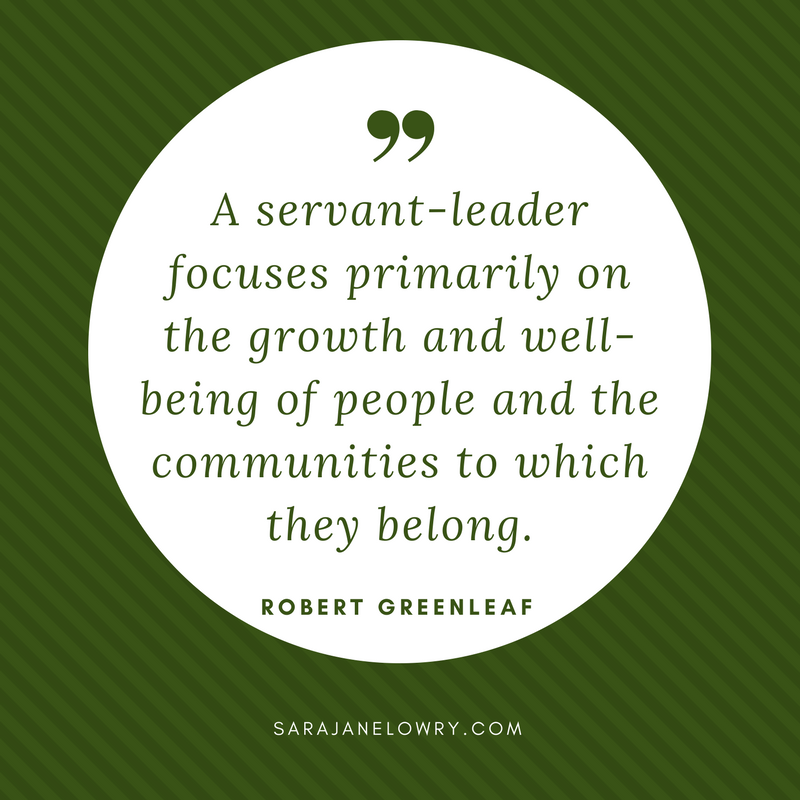
When I began nonprofit coaching 18 years ago, I had no idea how transformative the journey would be—not only for the organizations I would work with but also for myself. Over nearly two decades of coaching leaders, working with boards, strategizing with passionate teams, and learning from the challenges of nonprofits, I’ve accumulated these nonprofit leadership insights that have shaped my approach and perspective. I am grateful for these 18 gifts.
Whether you’re a new nonprofit leader or an experienced one, I hope these insights help guide you in your work.
Mission Clarity is Everything
Without a clear and compelling mission, it’s nearly impossible to maintain momentum. A strong mission statement serves as the North Star for the entire organization, from your staff to your donors. It should be the heartbeat of your strategy, communications, and fundraising.
Relationships Matter More Than You Think
Nonprofits are built on relationships—whether with staff, volunteers, donors, or community partners. Strong, authentic connections create trust, which is essential for long-term success. Invest time in building meaningful relationships both internally and externally.
Leadership is About Service, Not Power
Nonprofit leadership is not about being at the top. It’s about serving your team, your clients, and your mission. As a coach, I’ve seen that the most successful leaders are those who empower others, delegate effectively, and listen more than they talk.
Fail Forward
In the nonprofit world, failure is inevitable. But it’s not the failure itself that matters—it’s how you respond to it. Embrace a growth mindset. Learn from missteps, adapt, and move forward stronger than before. In 18 years, I’ve learned that if you’re keeping people informed along the way about the challenges, they generally think it was worthwhile even if the results weren’t stellar.
People Aren’t “Human Resources,” They’re Human Beings
This may sound simple, but it’s something I’ve had to remind many organizations of over 18 years. Every person is an individual with their own values, motivations, and challenges. They have lives outside of serving the mission. Treating staff and volunteers as people, not resources, fosters loyalty, creativity, and passion.
Burnout is Real!

Nonprofit work can be incredibly rewarding, but it can also be exhausting. Leaders must recognize the signs of burnout in themselves and their teams, and take proactive steps to prevent it. A healthy, balanced work culture doesn’t just benefit individuals—it benefits the organization. What example are you setting?
Resources Are Always Tight, But Creativity Can Fill the Gaps
While funding is often scarce in the nonprofit sector, the lack of resources doesn’t need to be a barrier to success. Creativity—whether in fundraising, problem-solving, or community engagement—can make all the difference. The best nonprofits know how to stretch limited resources and turn challenges into opportunities.
Data Can Be Your Best Friend
Nonprofits often make the mistake of running programs based on passion alone, without evaluating their effectiveness. Collecting and analyzing data helps you understand what works, what doesn’t, and where improvements can be made. Numbers provide clarity and help you make informed decisions. And funders require it. Just start measuring and evaluating.
Fundraising is About Relationships, Not Just Money
Many nonprofit leaders view fundraising solely as a financial transaction, but it’s actually about cultivating relationships. People give because they believe in your mission, and they give to people they trust. Over the 18 years, I remember all the donors I built a relationship with who care deeply about helping others and am grateful to have been part of their life’s purpose. Fundraising should be about connection, not just a call for a check. Pick up the phone. Take them to lunch. Write a personal note. Show you care about their goals.
You Can’t Do It All Yourself
No leader can do it all. Delegation isn’t just a strategy—it’s a necessity. Surround yourself with a team that complements your skills and shares your vision. The more you trust and empower your team, the more your organization will thrive. If you’re having trouble delegating, hire a coach to help you think it through, and what your organization’s org chart should look like.
Sustainability Is Key
Nonprofits often focus on short-term goals, but without long-term sustainability, their impact will be limited. Developing a sustainable model—whether through diversified funding streams, building an endowment, or focusing on programmatic efficiency—ensures that your organization can make an enduring impact. Talk about it with your board, your staff, and your donors. Consider partners.
The Power of Storytelling
People connect with stories, not statistics. Whether you’re making an appeal to a donor or inspiring your team, storytelling is one of the most powerful tools at your disposal. Tell the stories of the people you serve, the impact you’re making, and the journey you’ve been on. Help your board and staff to know the stories so they can be better ambassadors.
The Best Ideas Can Come from Anywhere
One of the most exciting things about nonprofits is the diversity of thought and experience within them. Whether you’re a CEO or a volunteer, every person has a valuable perspective. Nonprofit leadership insights includes the lesson I’ve learned that the best ideas often come from the most unexpected places.
Your Organizational Culture Matters
An organization’s culture is its backbone. It shapes how staff, volunteers, and stakeholders interact and influence how productive and healthy your work environment will be. Building a culture based on trust, transparency, and respect leads to a more engaged team and better outcomes.
Adaptability is Critical

The nonprofit sector is constantly evolving—whether through shifts in funding, changes in government policies, or new social challenges. Organizations that thrive are the ones that remain adaptable. Being able to pivot, whether it’s in response to an external change or internal need, is essential for survival and growth. Resilience is a power word.
Celebrate Small Wins
Nonprofits often work on big, long-term goals, but it’s important to celebrate the small wins along the way. Acknowledging progress—whether it’s reaching a fundraising goal, improving a program, or simply keeping a team motivated—keeps morale high and reminds everyone that their hard work is paying off. This is one of the most ignored insights I can give you.
It’s Okay to Ask for Help
One of the biggest lessons I’ve learned as a nonprofit coach is that it’s okay to ask for help. Many leaders feel the weight of the world on their shoulders, but no one should go it alone. Whether it’s seeking out a coach, asking for mentoring, or getting professional advice, reaching out to others can be a game-changer.
The Work You Do Matters
Lastly, after 18 years, this is the most important lesson I’ve learned: the work you do in the nonprofit sector truly matters. Every hour, every conversation, every piece of advice, and every donation helps create positive change in the world. Never underestimate the impact you’re making.
________________________________________
Looking back on these 18 years, I am grateful for the opportunity to serve nonprofit leaders and organizations. The lessons have been hard-won, and I continue to learn from every experience. Whether you’re just starting out or you’re a seasoned leader, I hope these nonprofit leadership insights will help you navigate the challenges and triumphs of nonprofit leadership. Here’s to the next 18 years of growth, impact, and transformation!




